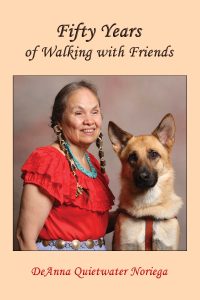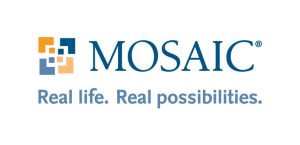Dear friends in Christ,
One of the great joys in my vocation as coordinator for ELCA Disability Ministry is being able to grant some of our funding, donations and other financial resources to congregations and ministries that are committed to inclusion and accessibility. As an advisory member, I thought it was awesome to hear the creative ways that grant applicants have used this funding in the past, and I can’t wait to find out what your needs, dreams and plans are now! I am excited to see how God is at work as you seek to make accessibility, inclusion, participation and leadership of people with disabilities a priority — a matter of justice.
At this time, here are the important pieces to have in mind. We will begin accepting grant applications on Dec. 12 and will officially close the application process on Feb. 15, 2023. We hope that this time frame will give congregations a chance to start dreaming over the holidays and begin to have plans take shape as we move into the new year.
Secondly, we will accept for consideration the first 30 grant applications we receive through the application process in GrantMaker. Once that number is met, correspondence will be sent out through our newsletter and blog. Please note that this may happen before the Feb. 15 deadline. Of those 30 received, our review team will approve up to five grants of up to $10,000 for projects.
Applicants for this grant can be congregations, synods or other ELCA organizations. We leave this intentionally open because we know that great things are happening all across the wider church! As grantees begin thinking through projects, we would also like them to take note of the following:
To be eligible for a grant, your project and proposal must reflect at least two of the three commitments of ELCA Disability Ministry:
- Preparing leaders for serving people with disabilities, raising up people with disabilities for leadership positions, and encouraging the participation of those with disabilities in the wider church.
- Equipping our synods, congregations and members with relevant and practical information that enables them to welcome and support individuals with disabilities so that they might participate fully in the life of the congregation and that, together, all might experience being the body of Christ.
- Gathering and connecting those with disabilities and various groups within the church so that they might help us become an inclusive, supportive and whole community of faith.
A successful grant proposal must supply the following pieces of information, which will be put together in the application on the ELCA GrantMaker system:
- Project leader information.
- A detailed summary plan that includes your project’s name, location, timeline, targeted audience, etc.
- Goals and objectives.
- Budget and budget narrative detailing how the grant funding will be spent.
- Synod support (letter and/or financial).
- Proof of other funding sources outside the grant.
The ELCA Grants Management Team has made a tool to help grantees with the registration process on GrantMaker. You can find it here. The team has also included a document to help you navigate the tool: Managing the Grantee Tool.
Please do not hesitate to contact Disability Ministry as questions arise in your grant proposal writing and application processes. You can email Disability.Ministry@elca.org or myself directly at lisa.heffernan@elca.org.
God’s peace and blessings be with you in this Advent season. On behalf of myself and the ELCA Disability Ministry advisory team, I want to thank you for your renewed or continued commitment to accessibility and the inclusion of people with disabilities across the life of the whole Church.
In Christ,
Rev. Lisa Heffernan


